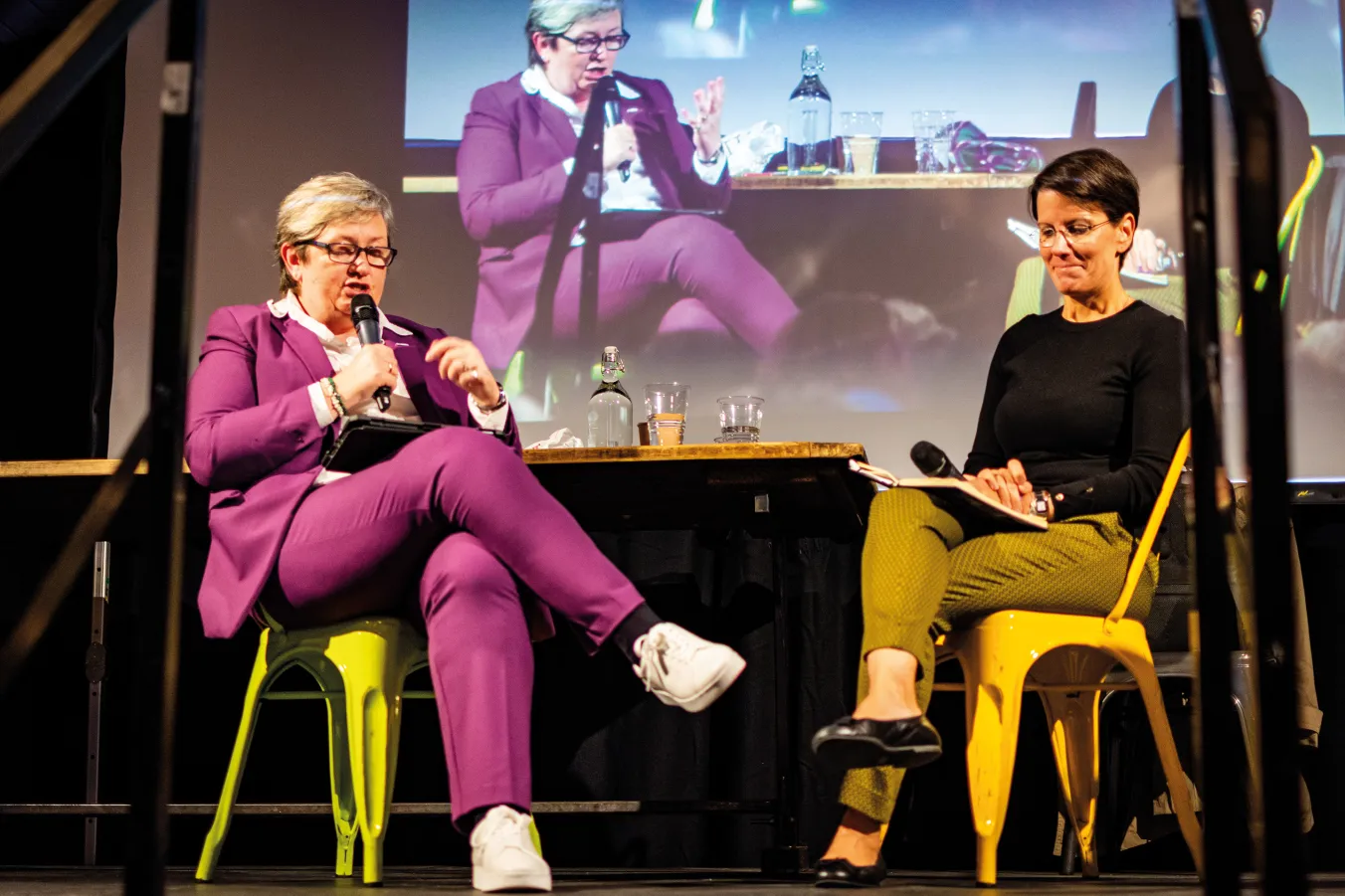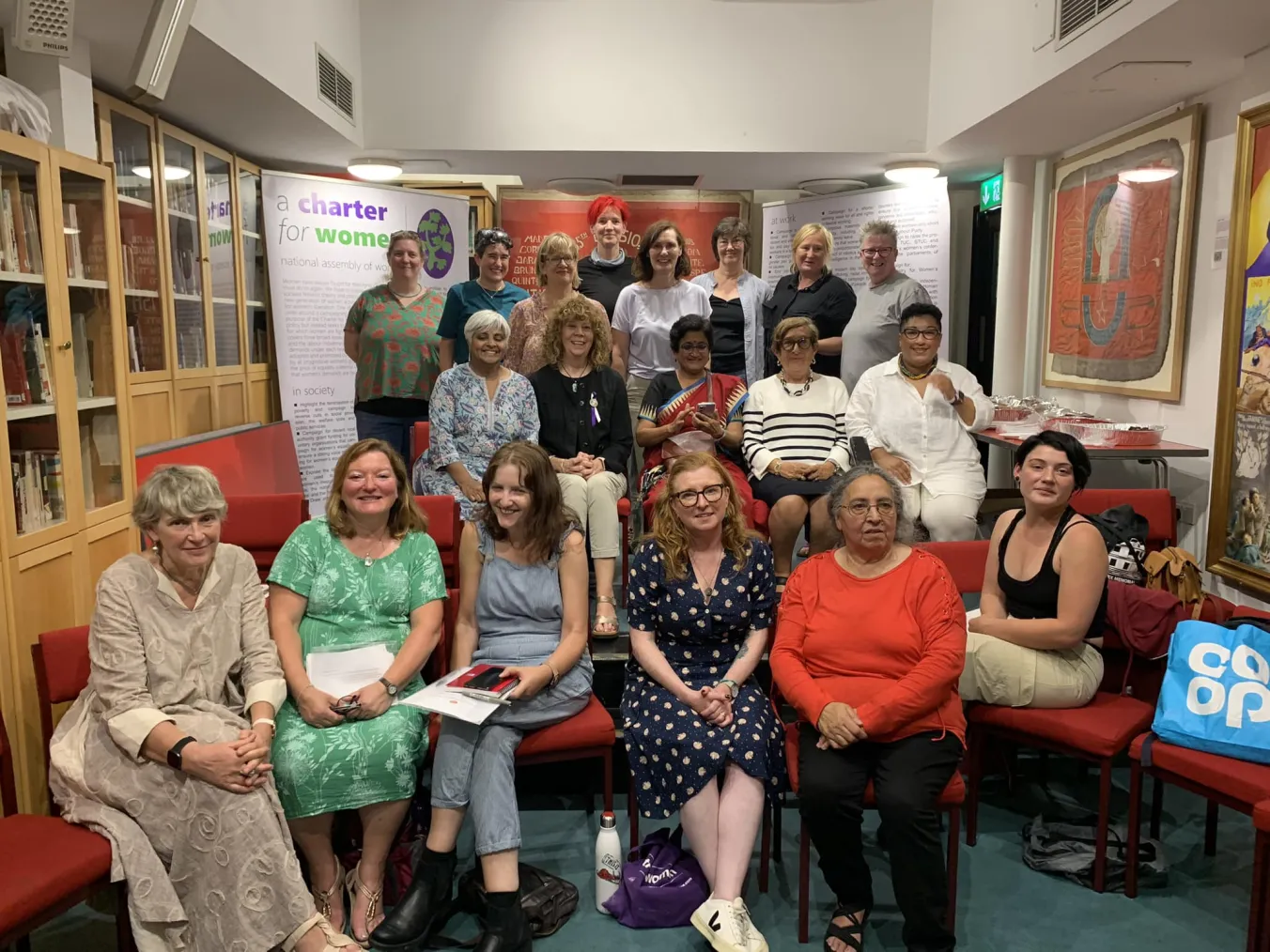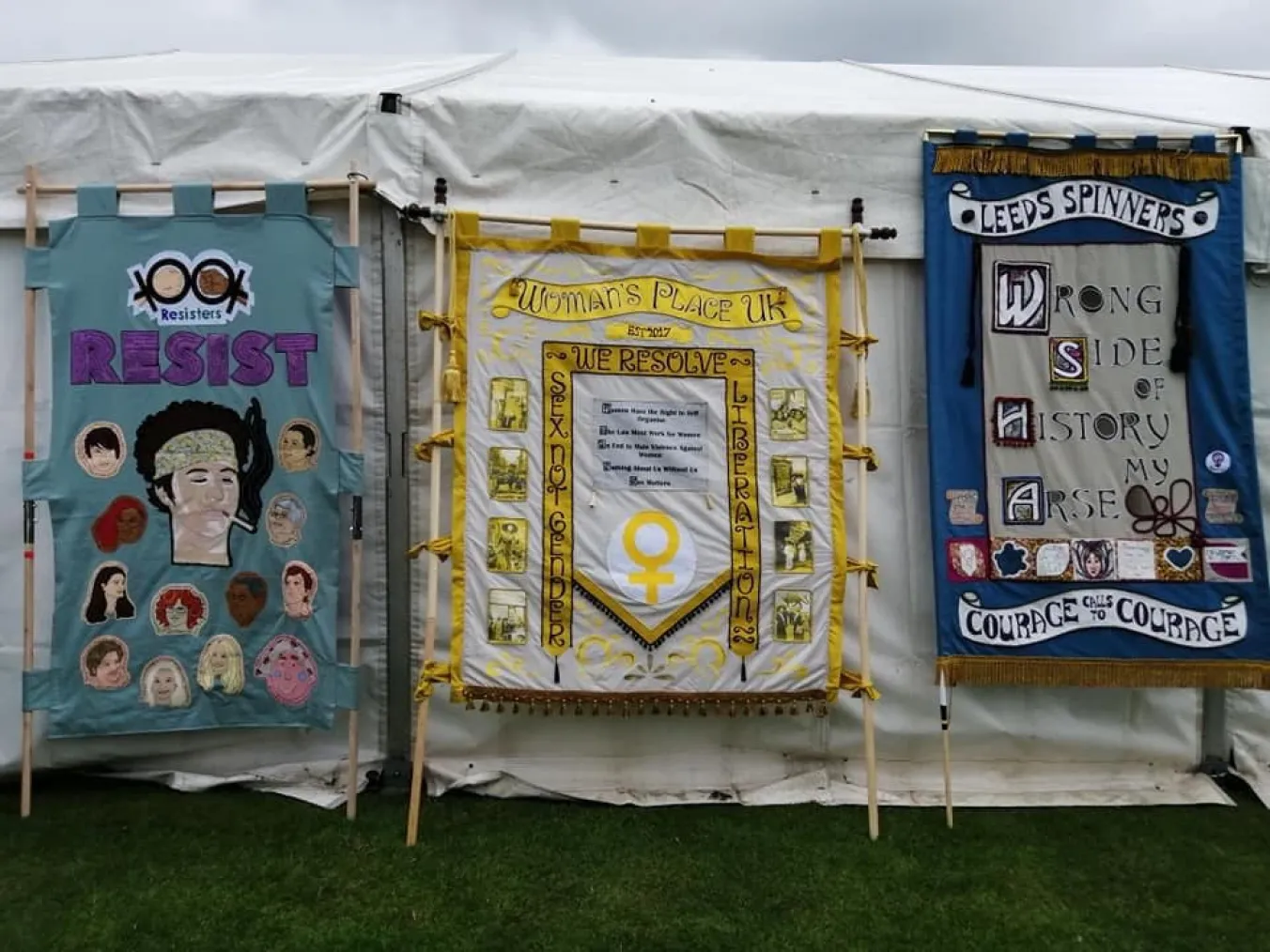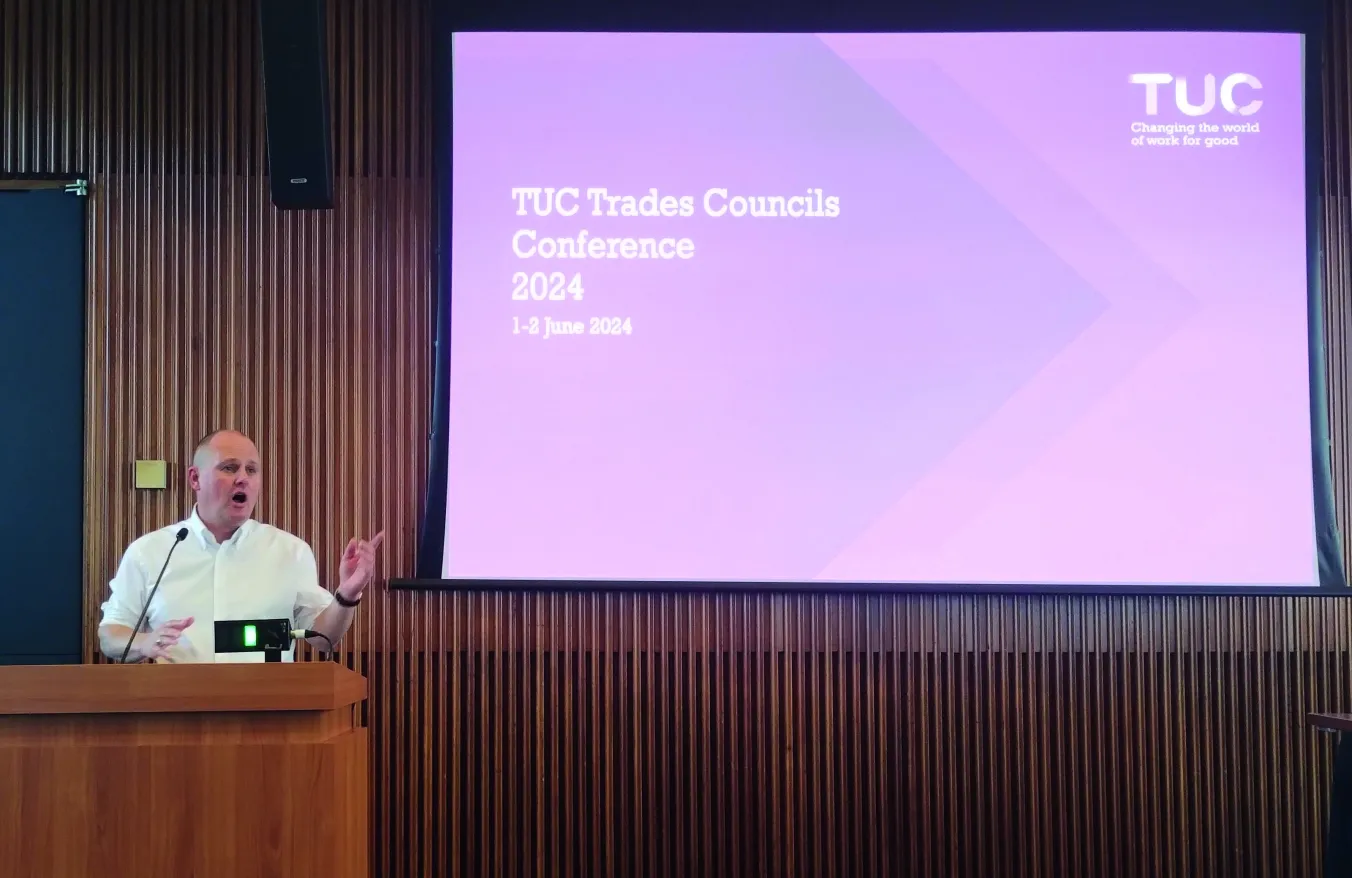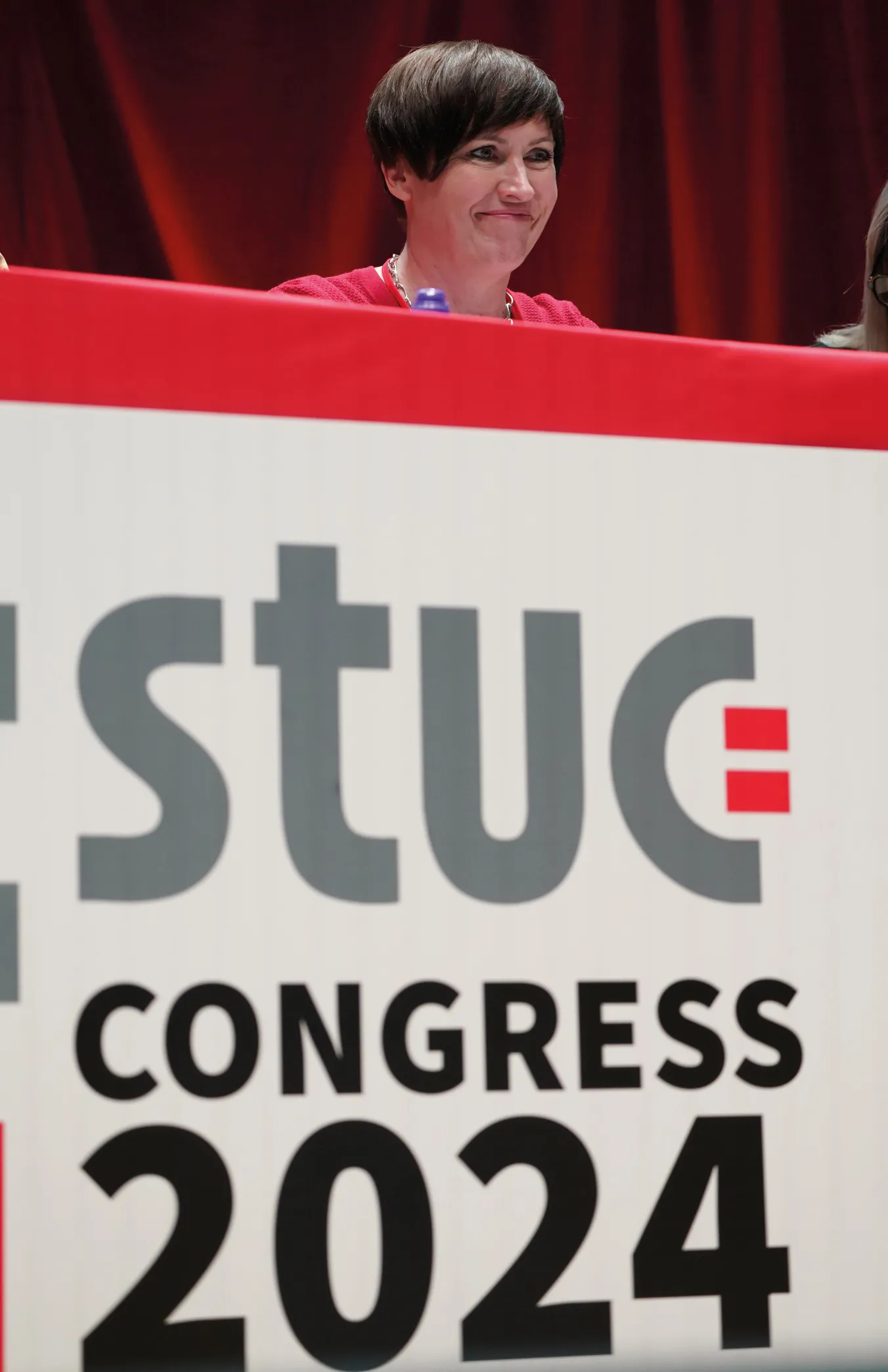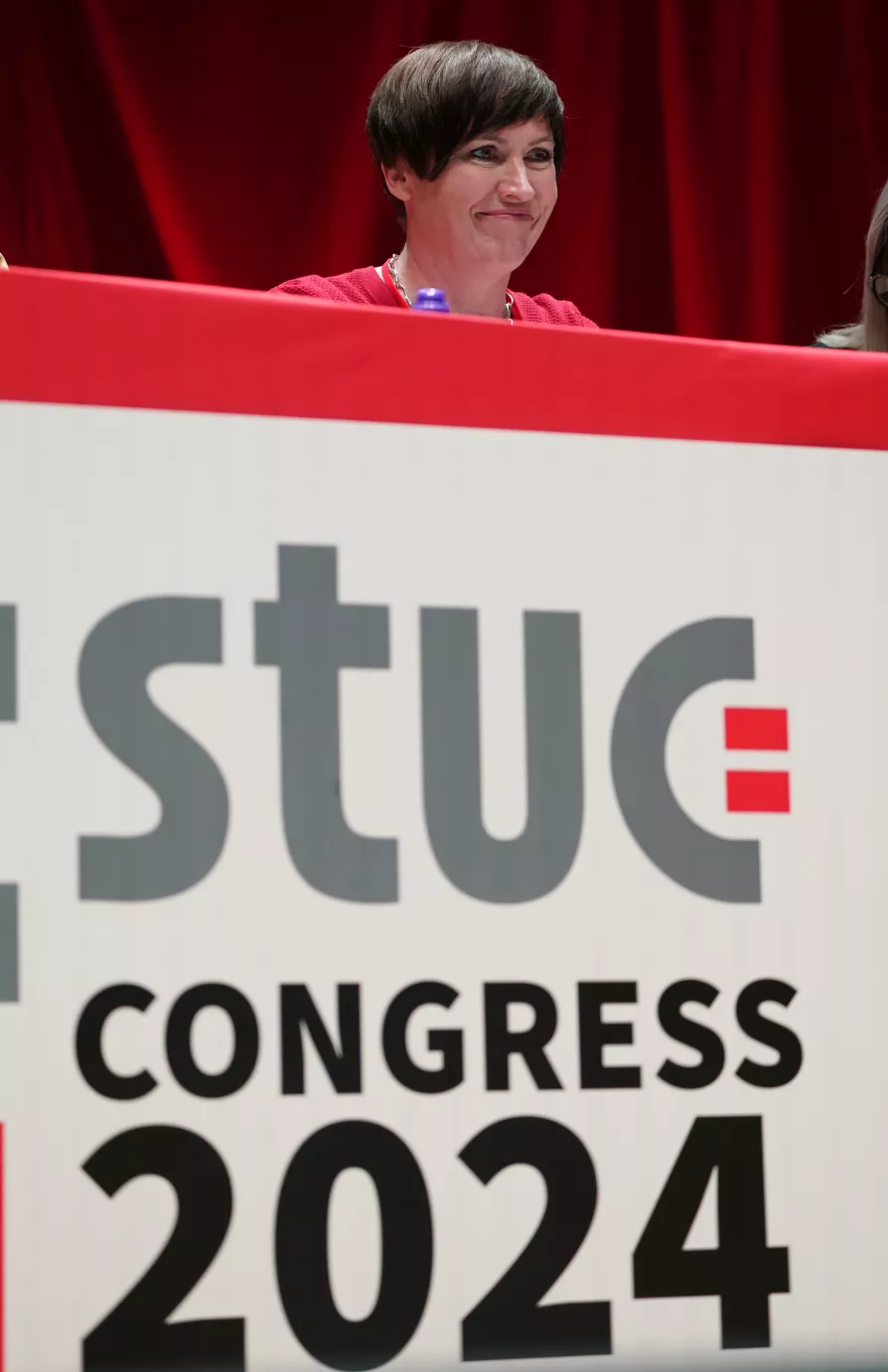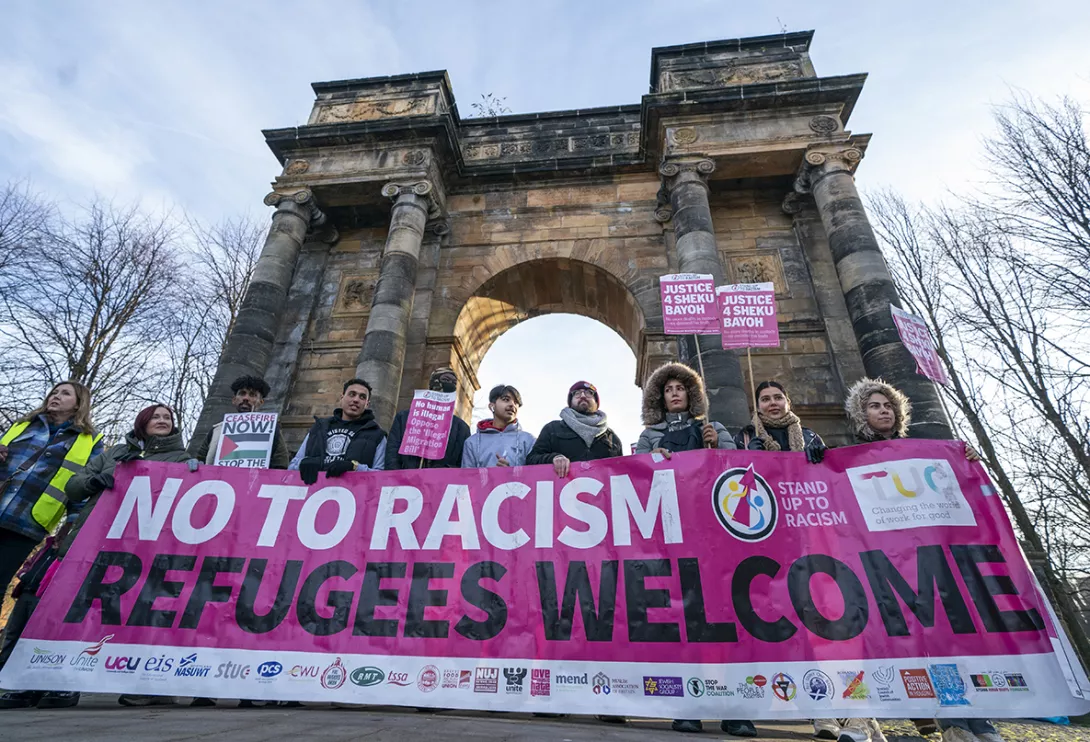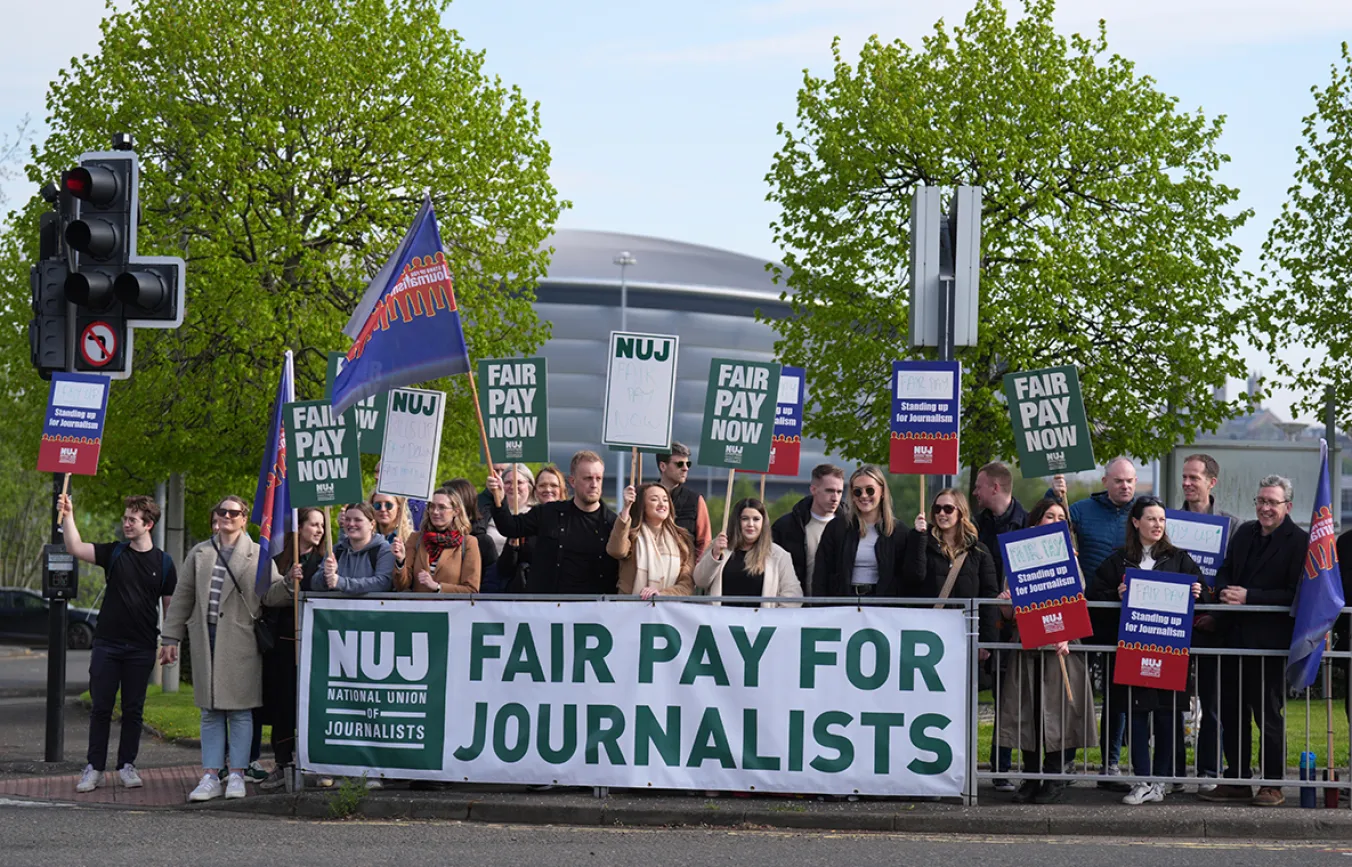
TRADES council delegates from across the country will be gathering at Congress House on June 1-2 for the annual trades council conference.
Against a background of several years of industrial unrest, trade unionists have led an ongoing fight back against a Tory government which has piled on the fiercest onslaught on jobs, wages and conditions and cuts to public services and there has never been a more urgent need to build a strong and united trade union movement.
Trades council delegates are groups of trade unionists who live and/or work and are active in their area. They are elected by local trade union branches to their local trades council. The more unions affiliate to their trades council, the stronger the trades council and the better chances of leading united campaigns of local trade unionists supporting unions taking industrial action.

